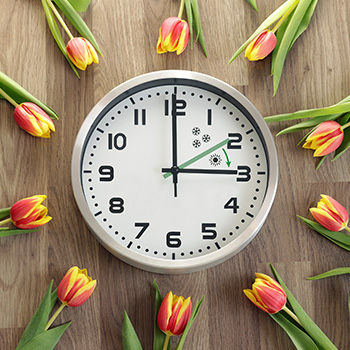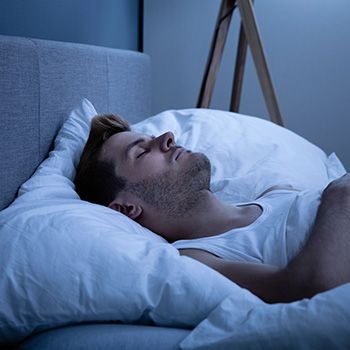 Every year, the time change in the spring and fall disrupts our daily routines, impacting our sleep patterns, mental well-being, and overall health. As a dad of three girls, I can tell you firsthand that this shift isn’t just about adjusting my own schedule –it’s about managing the chaos that comes with three little ones who don’t care what the clock says. Whether it’s convincing them that bedtime really is earlier now in the spring or dealing with their boundless energy in the fall when it’s dark at 5 pm, the struggle is real!
Every year, the time change in the spring and fall disrupts our daily routines, impacting our sleep patterns, mental well-being, and overall health. As a dad of three girls, I can tell you firsthand that this shift isn’t just about adjusting my own schedule –it’s about managing the chaos that comes with three little ones who don’t care what the clock says. Whether it’s convincing them that bedtime really is earlier now in the spring or dealing with their boundless energy in the fall when it’s dark at 5 pm, the struggle is real!
Springing Forward! Daylight Savings Time
 Positive Effects.
Positive Effects.
More daylight in the evening. More time to get that after work 9 holes of golf in. (Which is great for my mental health personally.) More sunlight to play outside with the kids, which usually translates to a later dinner, but also some of the best memories. The extra daylight encourages evening walks and park visits, which help everyone sleep better at night. I find that longer days help me stay more motivated at work and still have the energy to chase my three girls around after dinner.
Negative effects.
Losing an hour of sleep might not seem like much, but try explaining that to a three-year-old who is suddenly cranky and refusing to nap. Also, studies show that heart attack rates slightly rise after the springtime change—probably because no one is getting enough sleep! This change can cause drowsiness and slower reaction times. I definitely notice I’m a little groggier on those early morning school runs.
Fall Back (End of Daylight Savings Time)
 Positive Effects.
Positive Effects.
An EXTRA HOUR OF SLEEP! Which makes that day feel like its so very long. (in a good way) But in reality, my kids wake up at the same time, and I have to convince them it’s not breakfast time yet. That extra sleep can be a game-changer for stress, I must say. It makes me a little more patient and relaxed. Now that the sun is up in the mornings, I DO feel better about getting out the door and kids to school safely.
Negative Effects.
Even though we gain an hour, my daughter’s body clocks don’t adjust overnight, meaning a few days of unpredictable wake-up times. With that, shorter days can bring on the winter blues, and I notice it even in my kids when they start missing outdoor playtime. The darkness creeping in early means more indoor time and, let’s be honest, more screentime battles.
With all those personal stories, I’ve learned a few things and googled some as well, but here are some tips when adjusting for DST.
Time changes are a hassle, but being prepared can make all the difference. Making small adjustments and focusing on healthy habits, you can smooth the transition for yourself and your family. And if not, do what I do and simply embrace the chaos. Because whether it’s spring forward or fall back, my girls still wake up before the crack of dawn!
March 2025
